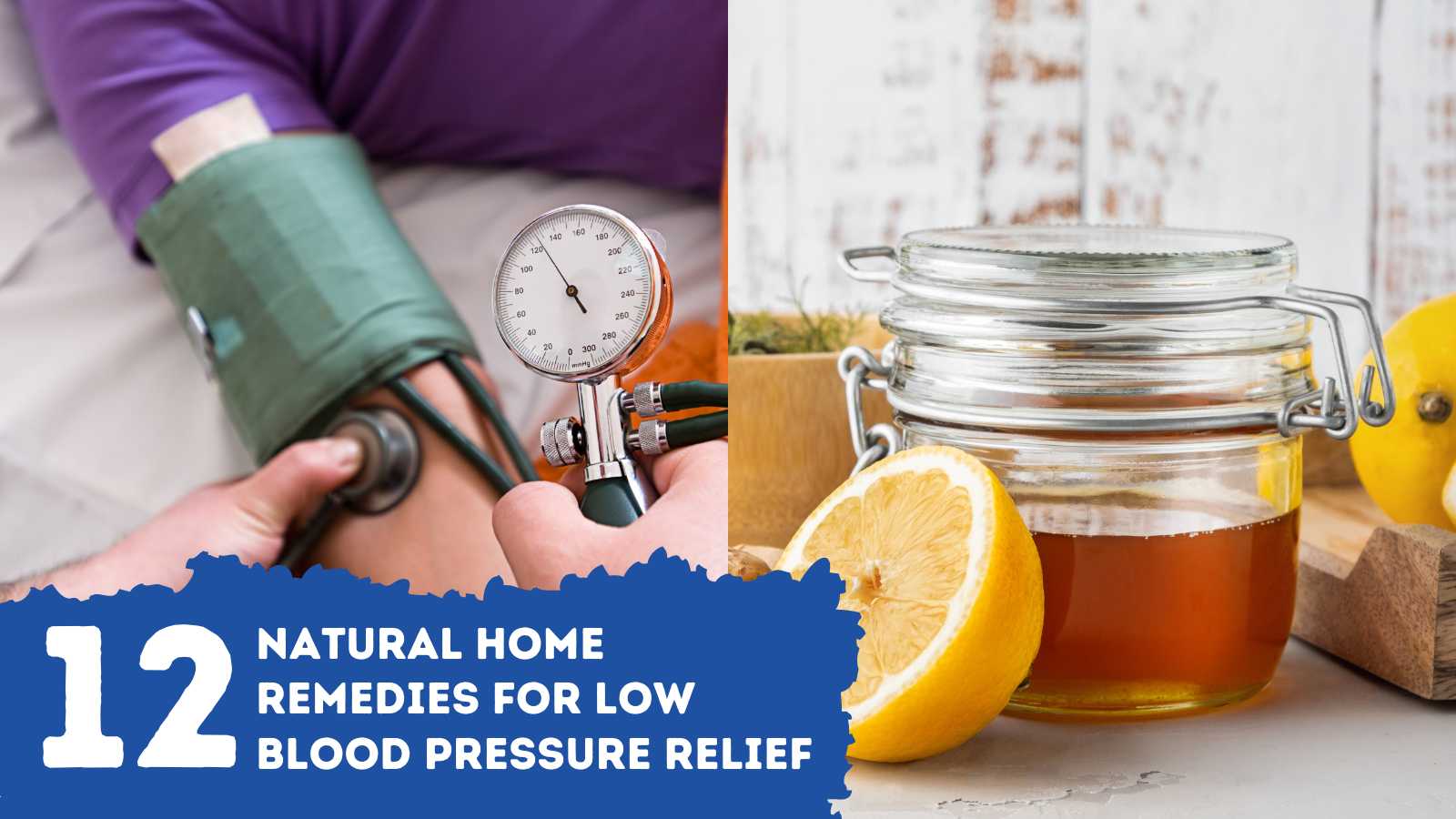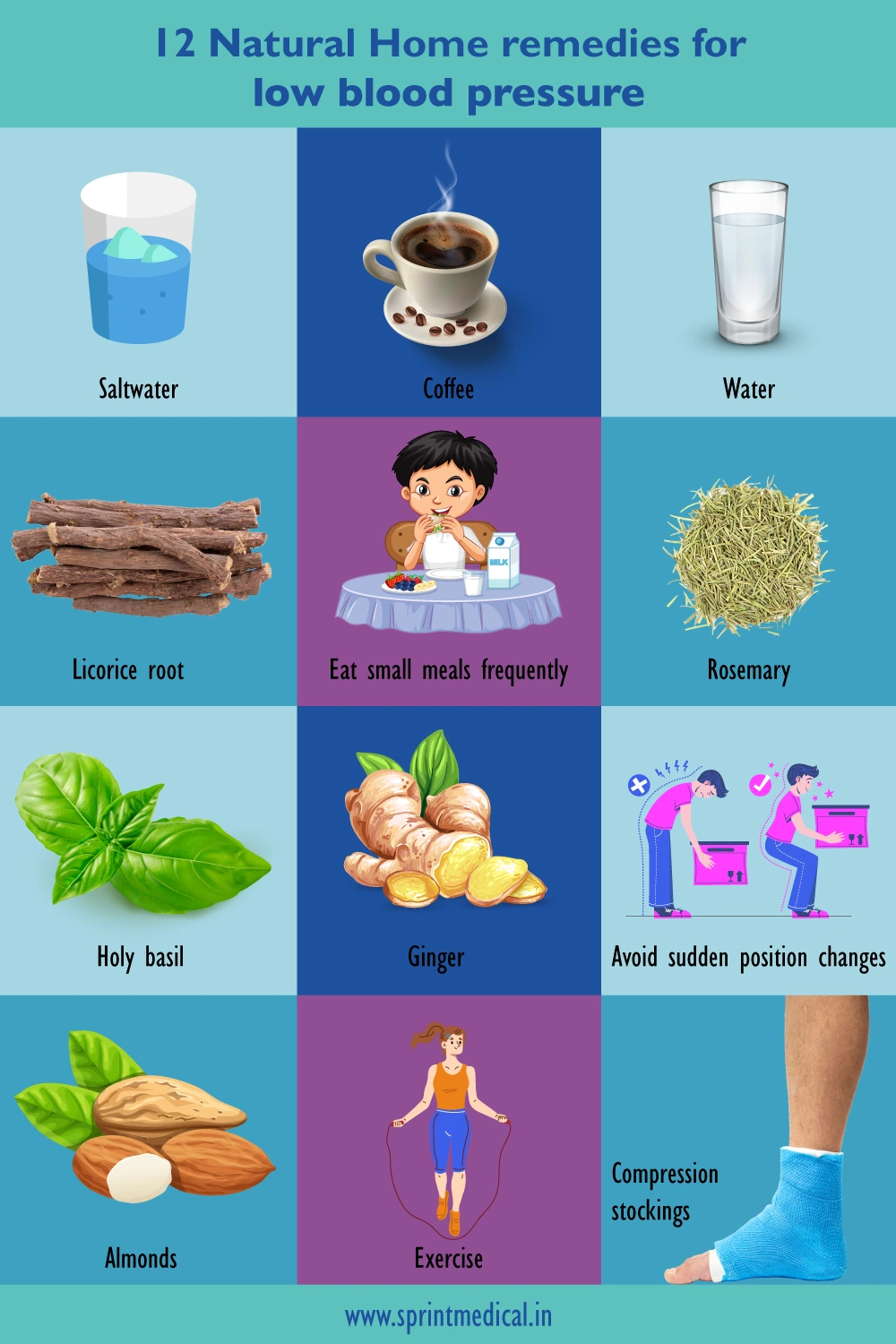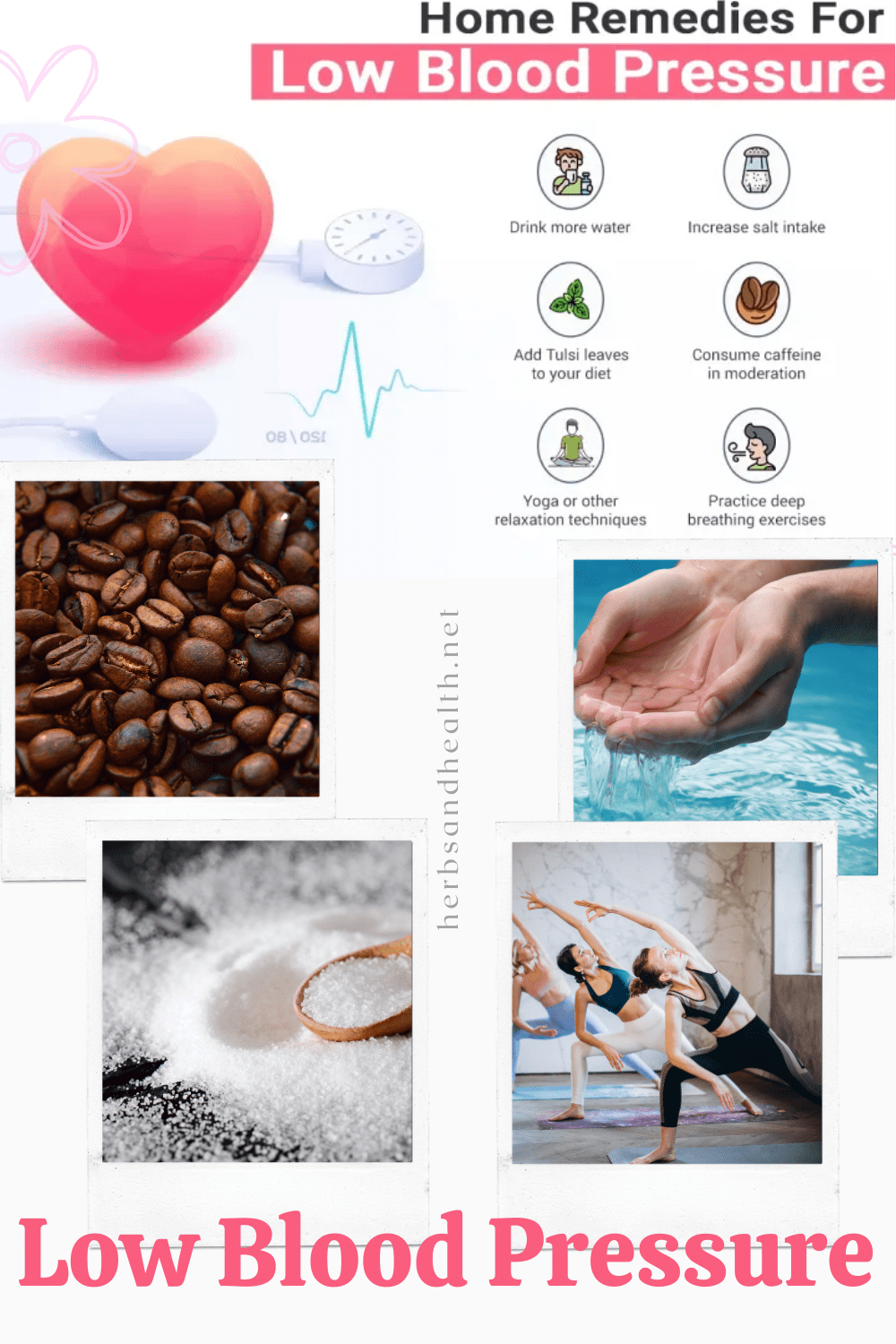High blood pressure, also known as hypertension, is a common health condition that affects millions of people worldwide. It occurs when the force of blood against the walls of the arteries is consistently too high. If left untreated, it can lead to serious health complications such as heart disease, stroke, and kidney problems. In an effort to combat high blood pressure, many individuals are turning to home remedies for rapid blood pressure reduction.
Home remedies for rapid blood pressure reduction have been used for centuries. In ancient times, various herbs and natural substances were discovered to have healing properties that could help lower blood pressure. Over time, these remedies have been refined and continue to be utilized today. One such remedy is the consumption of garlic. Garlic contains a compound called allicin, which has been shown to have blood pressure-lowering effects.
In addition to garlic, other dietary changes can also play a significant role in reducing blood pressure. One popular strategy is the adoption of the DASH (Dietary Approaches to Stop Hypertension) diet. This eating plan emphasizes the consumption of fruits, vegetables, whole grains, lean proteins, and low-fat dairy products while limiting the intake of sodium, saturated fats, and processed foods. Studies have shown that adhering to the DASH diet can lead to a notable decrease in blood pressure levels.
Exercise has also been proven to be an effective home remedy for rapid blood pressure reduction. Engaging in regular physical activity can help strengthen the heart, improve blood flow, and lower blood pressure. Activities such as walking, swimming, and cycling have been shown to have positive effects on blood pressure. Aim to incorporate at least 30 minutes of moderate-intensity exercise into your daily routine for optimal results.
Furthermore, stress reduction techniques can have a substantial impact on blood pressure levels. Chronic stress is known to contribute to high blood pressure, so finding healthy ways to manage stress is crucial. Practices such as deep breathing, meditation, yoga, and engaging in hobbies or activities that bring joy can provide significant stress relief and help lower blood pressure.
It is important to note that while home remedies for rapid blood pressure reduction can be effective, they should not replace medical treatment or advice. If you have been diagnosed with high blood pressure, it is essential to work closely with your healthcare provider to develop an individualized treatment plan. Regular monitoring of blood pressure levels and making necessary lifestyle changes, in conjunction with medical guidance, can lead to better blood pressure control and overall health.
What are the Best Home Remedies for Rapid Blood Pressure Reduction?
In this article, we will discuss quick and easy fixes to rapidly reduce your blood pressure using natural home remedies. Whether you are looking for alternatives to medication or simply want to adopt a healthier lifestyle, these remedies can help you lower your blood pressure effectively. Discover the most effective home remedies and techniques for reducing blood pressure levels and improving your overall cardiovascular health.
Recommended home remedy to quickly lower blood pressure
[content-egg-block template=offers_grid limit=6 sort=price order=desc]
High Blood Pressure and Its Risks
High blood pressure, also known as hypertension, is a common health condition that affects millions of people worldwide. It occurs when the force of blood against the walls of the arteries is consistently too high, putting strain on the heart and blood vessels. If left untreated, high blood pressure can lead to serious health complications such as heart disease, stroke, kidney disease, and even vision loss.
Home Remedies for Rapid Blood Pressure Reduction
If you’ve been diagnosed with high blood pressure or simply want to maintain a healthy blood pressure level, there are several home remedies that may help you achieve rapid blood pressure reduction. These quick and easy fixes can be incorporated into your daily routine alongside any prescribed medications, under the guidance of your healthcare provider.
1. Exercise Regularly
Physical activity plays a crucial role in managing blood pressure. Engaging in regular exercise helps lower blood pressure by strengthening the heart, improving blood flow, and reducing stress. Aim for at least 30 minutes of moderate-intensity aerobic exercise, such as brisk walking, cycling, or swimming, on most days of the week.
2. Follow a Healthy Diet
What you eat can significantly impact your blood pressure. Incorporating a balanced diet that includes fruits, vegetables, whole grains, lean proteins, and low-fat dairy products can help lower blood pressure. Avoiding or limiting foods high in sodium, saturated fats, and cholesterol is also important. Some beneficial foods for blood pressure management include berries, leafy greens, nuts, seeds, fish, and olive oil.
3. Reduce Sodium Intake
Excess sodium consumption can contribute to high blood pressure. Limiting your sodium intake to less than 2,300 milligrams per day (or 1,500 milligrams if you have hypertension) can help control blood pressure levels. Be mindful of processed foods, canned goods, fast food, and restaurant meals, as they often contain high amounts of sodium. Instead, opt for fresh, homemade meals and flavor your dishes with herbs, spices, and other salt alternatives.
4. Manage Stress
Chronic stress can elevate blood pressure levels. Therefore, finding effective ways to manage stress is essential for controlling hypertension. Engage in stress-reducing activities such as meditation, deep breathing exercises, yoga, or engaging hobbies. Prioritizing relaxation and self-care can have a positive impact on your blood pressure.
5. Get Sufficient Sleep
A good night’s sleep is crucial for maintaining optimal blood pressure levels. Aim for 7-8 hours of quality sleep every night. Establish a regular sleep schedule, create a calm sleeping environment, and avoid electronic devices before bedtime. If you struggle with sleep disturbances, consult a healthcare professional for guidance.
Remember to Consult Your Doctor
While these home remedies can be a valuable addition to your blood pressure management plan, it’s crucial to consult your healthcare provider before making any significant changes. They can provide personalized advice, monitor your progress, and ensure that your treatment aligns with your specific needs.
Take charge of your blood pressure today by implementing these home remedies for rapid blood pressure reduction alongside medical guidance. By incorporating healthy lifestyle changes, you can reduce your risk of complications and maintain a healthy blood pressure level.
According to the American Heart Association, approximately 46% of American adults have high blood pressure. By utilizing these home remedies, individuals have the opportunity to improve their blood pressure levels and reduce the risk of associated health complications.
FAQs for Home Remedies for Rapid Blood Pressure Reduction: Quick and Easy Fixes
1. What is blood pressure?
Blood pressure refers to the force at which blood pushes against the walls of your arteries as your heart pumps it around your body.
2. What is considered normal blood pressure?
Normal blood pressure is typically considered to be around 120/80 mmHg (millimeters of mercury).
3. Can I lower my blood pressure without medication?
Yes, there are several home remedies you can try to lower your blood pressure without medication.
4. What are some quick home remedies to reduce blood pressure?
Some quick home remedies include practicing deep breathing exercises, engaging in regular physical activity, reducing sodium intake, and managing stress levels.
5. Does drinking water help lower blood pressure?
Yes, staying hydrated by drinking an adequate amount of water can help lower blood pressure levels.
6. Are there any specific foods that can help reduce blood pressure?
Yes, foods rich in potassium, such as bananas, spinach, and avocados, can help lower blood pressure levels.
7. Can weight loss help lower blood pressure?
Yes, losing weight can have a positive impact on reducing blood pressure levels, especially for individuals who are overweight or obese.
8. Is it important to monitor my blood pressure regularly?
Yes, it’s important to regularly monitor your blood pressure to track any changes and ensure it remains within a healthy range.
9. Are there any natural supplements or herbs that can help reduce blood pressure?
Some natural supplements and herbs, such as garlic, hibiscus tea, and fish oil, have been found to have potential benefits in reducing blood pressure levels.
10. When should I seek medical help for high blood pressure?
If your blood pressure remains consistently high despite trying home remedies or if you experience symptoms such as severe headaches, chest pain, or shortness of breath, it’s important to seek medical help promptly.
Conclusion
In conclusion, this article has provided several quick and easy home remedies that can help in rapidly reducing blood pressure. These remedies include practicing deep breathing exercises, consuming potassium-rich foods, reducing sodium intake, engaging in regular physical activity, and managing stress levels. Deep breathing exercises, such as diaphragmatic breathing and controlled breathing, have been shown to effectively lower blood pressure by promoting relaxation and reducing stress. Additionally, incorporating potassium-rich foods, such as bananas and leafy greens, into the diet can help regulate blood pressure levels due to their vasodilator properties. It is also crucial to limit sodium intake as high sodium levels can lead to fluid retention and increased blood pressure. Engaging in regular physical activity, such as brisk walking or swimming, has proven to have a significant impact on blood pressure reduction by improving heart health and overall cardiovascular fitness. Lastly, managing stress levels through activities like meditation or yoga can contribute to lower blood pressure levels as stress is a major contributor to hypertension. By adopting these simple home remedies, individuals can take control of their blood pressure and support their overall health and well-being.
Top 10 rated home remedy to quickly lower blood pressure
[content-egg-block template=top_listing limit=10]


